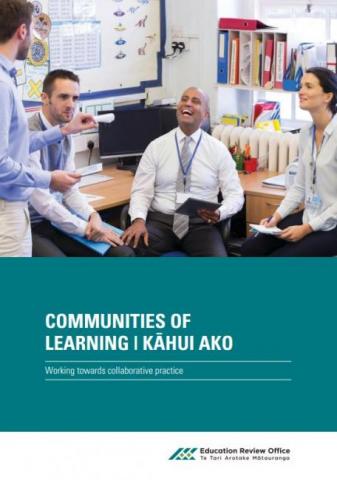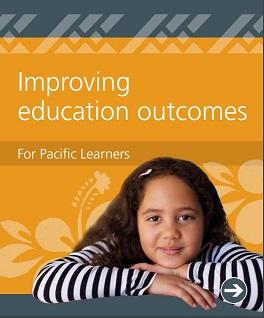Communities of Learning | Kāhui Ako: Working towards collaborative practice
Published: 25 Jan 2017
An additional resource to Communities of Learning | Kāhui Ako: Collaboration to Improve Learner Outcomes. This resource is designed to support CoL | Kāhui Ako as they work towards effective collaborative practice. It is framed around key questions in each of the seven effective practice areas and is able to be used both as evidence-based progressions and as a useful internal evaluation tool.
- Audience:
- Schools
- Content type:
- Research
- Topics:
- Communities of Learning | Kāhui ako















